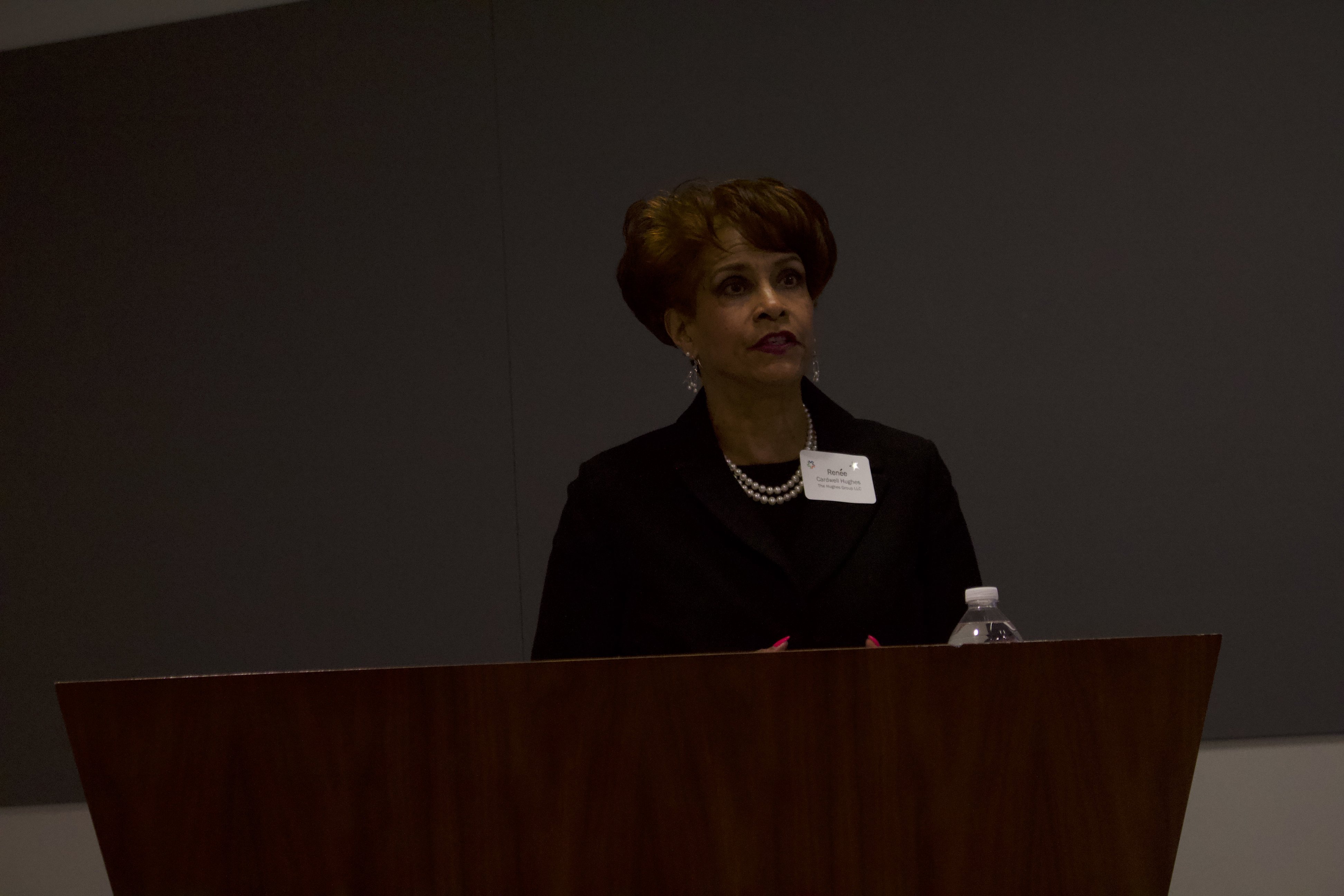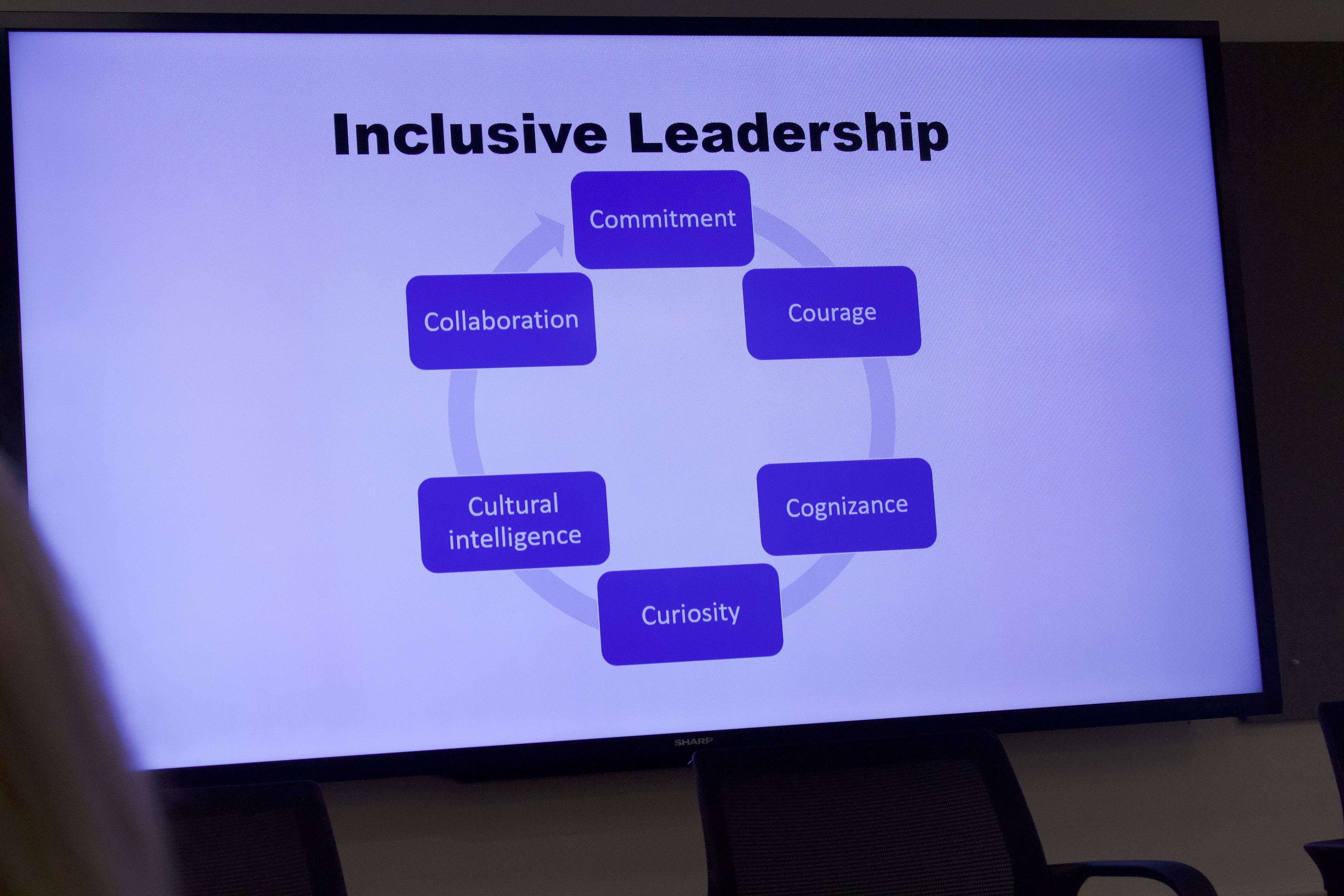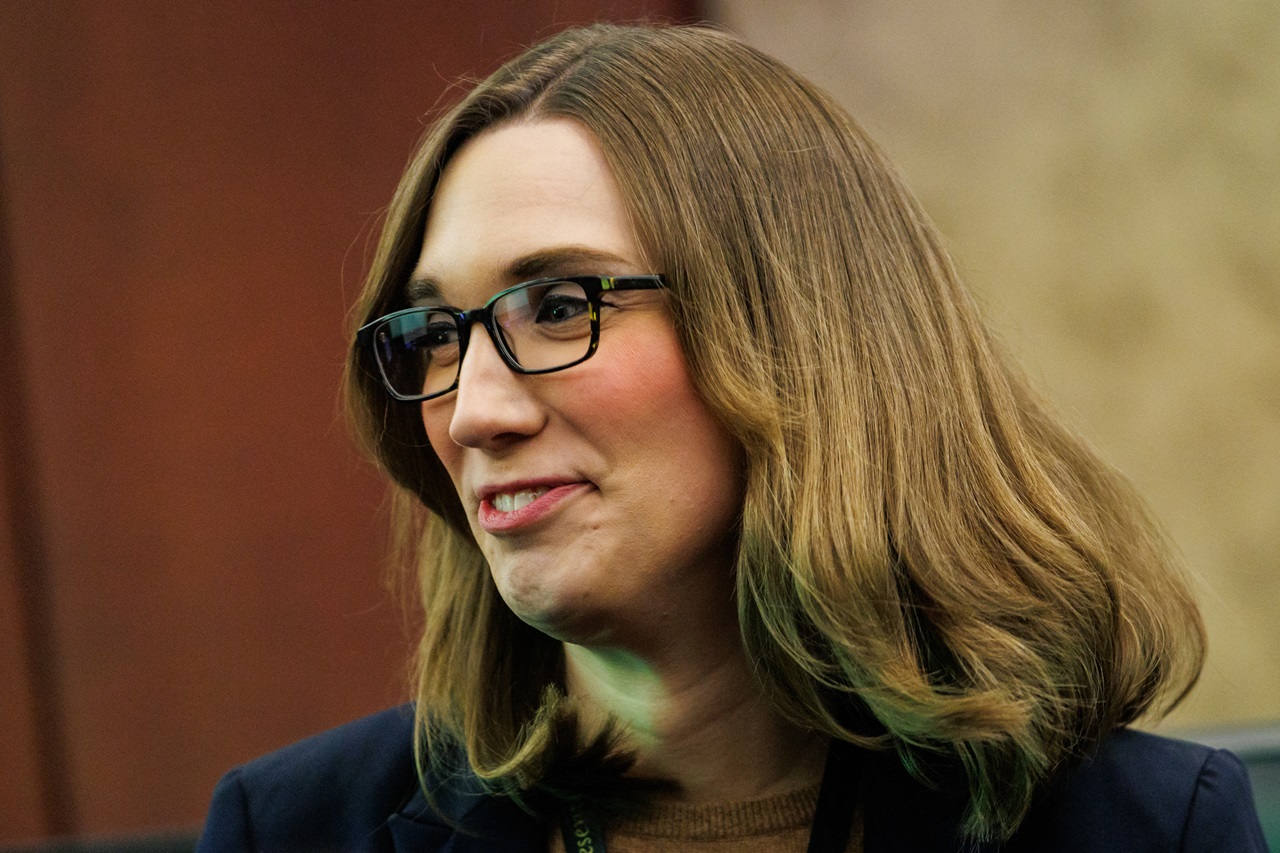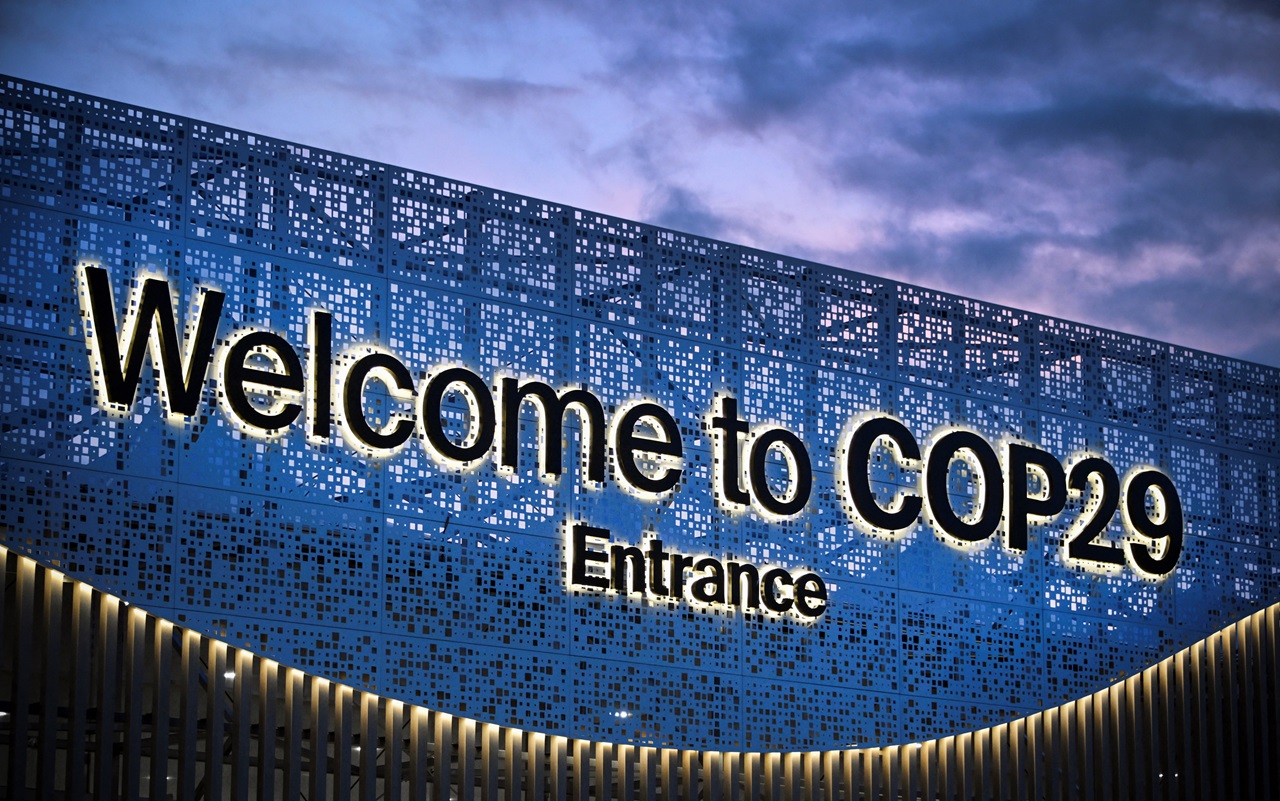
"Diverse thinking unlocks opportunity"
When we think of the word diversity, oftentimes we think of a strict set of elements. These may include race, ethnicity, gender, and age. Those elements could be classified as demographic diversity, diversity that can likely be categorized.
However, one type of diversity that may not always be addressed is diversity of thought—how a person, or group of people, thinks. That can In the workplace, diversity of thought is extremely important.
“New ideas come from diverse ways of thinking,” said Renée Cardwell Hughes, CEO of The Hughes Group, LLC.
During an event hosted by The Chamber of Commerce for Greater Philadelphia, Hughes addressed the importance of diversity of thought and the most effective ways of leveraging it in the workplace.
According to the 2016 book, “Which Two Heads Are Better Than One?: How Diverse Teams Create Breakthrough Ideas and Make Smarter Decisions” by Juliet Bourke, diverse teams increase innovation by 20 percent, while decreasing the level of risk by 30 percent.
Simply put, our economy is driven by new ways of thinking and diversity improves performance in companies. Diversity of thought is the most effective way of ensuring that businesses and organizations can continue progressing.
With any business, problem solving is one thing that must be handled. Hughes said problem solving is often placed into six different frameworks: Evidence, Options, Outcomes, People, Process, and Risk.
Due to the rarity of one person possessing all six of the frameworks, it makes teamwork and collaboration much more crucial, Hughes added.
“Diverse thinking unlocks opportunity,” said Hughes. “Diversity generates better strategy, better risk management and better outcome.”
“Diverse teams tap into a broader base of knowledge, larger networks, and you get better performance.”
It’s important to understand that diversity of thought doesn’t necessarily create a diverse and inclusive workforce. In some instances, people may look visually diverse in appearance, but if those people have the same education and training, that diversity of thought could be missing.
CONTENIDO RELACIONADO
The challenge there becomes creating a diverse and inclusive environment within the workplace, which Hughes said, are different concepts.
“Inclusion, honestly, has no real definition; it’s situational,” she affirmed. “Success requires that we have a shared definition of diversity and inclusion in your company… that you have accountability.”
“You have to be adaptable, and you have to have tangible goals. This requires bold, forward thinking leadership.”
True diversity of thought in a company requires a commitment towards that endeavor. If we all become personally self-aware of and acknowledge our internal biases, it should lead to curiosity about others’ ways of thinking, Hughes said.
“Curiosity about other people allows you to develop cultural intelligence, where you learn about other people in a nonjudgmental fashion, with the ultimate goal being collaboration [and] building diverse teams for success.”
Diversity of thought allows organizations to better align with the market and generate new ideas that can keep the economy booming. When we talk about diversity in the workforce, diversity of thought is just as critical to success as any other type of diversity. While
“In order to play in this world, diversity and inclusion is essential, it is not an option,” said Hughes.










DEJE UN COMENTARIO:
¡Únete a la discusión! Deja un comentario.